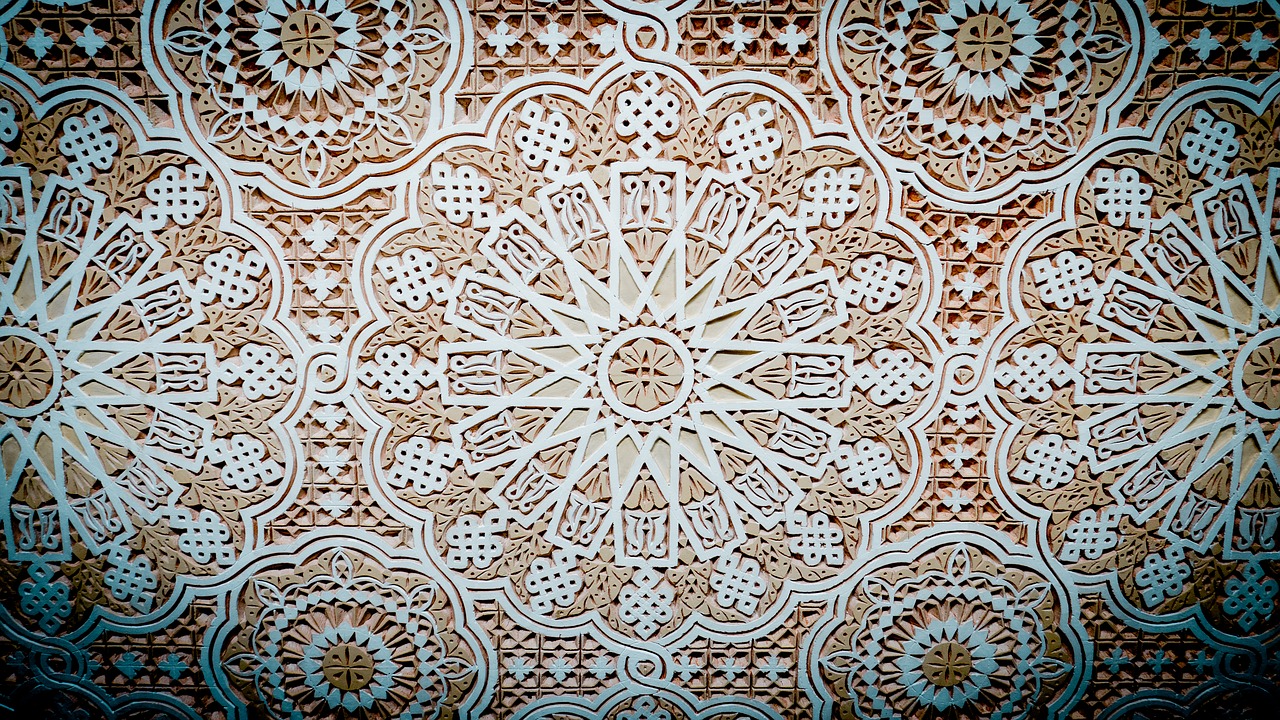Should You be an Intern or Work for Free?
In this digital age, almost everyone wants to be seen and go viral, especially every business. To what end though? Is it related to narcissism to strike the ego or is it to actually to provide something that the audience will get some kind of value from? We must always assess our intentions with anything before we act.
The creative and passionate people we “hire” to put our visions out there are often struggling financially, emotionally, spiritually– you name it. It’s imperative that we look out for them rather than take advantage of them. Yes, we get good deeds for sharing our helpful stories, and we get exposure but that doesn’t begin to cover real and daily living expenses. Many creatives, writers and wannabe entrepreneurs live in poverty. They don’t even make minimum wage.
The Prophet ﷺ said,“Pay the laborer his wages before his sweat dries.” Additionally, the Father of Kittens, Abu Hurayrah narrated that the Prophet ﷺ also said, “Allah ﷻsaid, ‘I will be the opponent of three on the Day of Judgment:…and one who hires a workman and having taken full work from him, does not pay him his wages.’”
Like the hadith say, it’s un-Islamic and unethical to exploit a worker. Stopping the fitnah surrounding the exploitation must be a group effort, we can do our part from either side.
What Can You Do as a Muslim Employer
Try to pay your workers in kind if you can’t pay them monetarily.
Try to raise money for your projects from generous benefactors.
Find grants that can help you cover your employees’ wages.
Strive to find advertising possibilities that will translate to sales for the benefit of the business advertising with you and the sake of the employees working under your care.
Don’t bait workers with unpaid internships and volunteer positions knowing full well that they will never get paid and that the basis for payment has nothing to do with experience.
What Can You Do as a Muslim Freelancer or Employee
Make sure you don’t desperately agree to unpredictable paying terms in order to “be seen” or “go viral.” Firmly refuse to work for free and don’t feel bad about it if you truly believe you can find better elsewhere. We all have bills to pay, so the prospective employer should understand your position.
If you agree to work for free, agree because your true intent on that particular platform or for that organization is not to make money. There is nothing wrong with working for free on certain platforms if you see it as a good deed to begin with or a charitable act. Sometimes, working for these non-paying platforms will give you “a street credit” like it’s normally called or “vetting.” Not everyone can say that they contributed to such and such platform, there is value in contributing even if you aren’t paid.
Look for other situations where you can be compensated. Robert Kiyosaki, author of Rich Dad, Poor Dad, is bankrupt but he is also a financial guru expert. All his mistakes taught him plenty of lessons and that also proves that Allah ﷻ holds ALL the knowledge in this world and beyond. Anyway, Kiyosaki said that to be financially free, “…you want to know a little about a lot.” That’s true, don’t put yourself in only one mold. Try to volunteer and work with different organizations. Mix it up a bit, find your best fit. You can be loyal to all the platforms you work for without contradicting them.
Remember, the saying, Les bons comptes font les bons amis. It means, “Good agreements make good friends.” If people mess around with your money, disagreements are bound to happen. It’s inevitable. Allahu alim.
Picture Source: Motion Elements.
Papatya*






